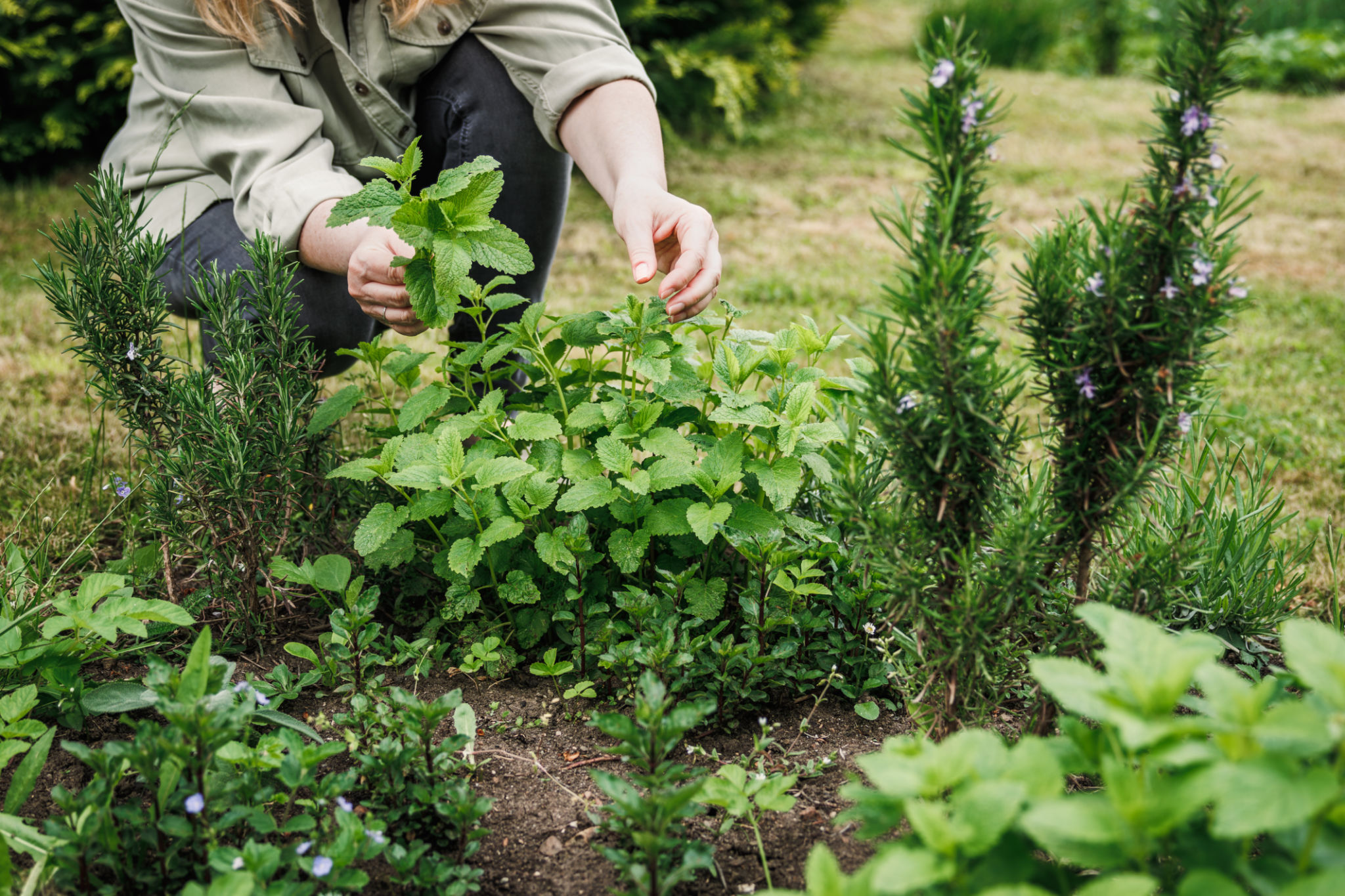Exploring the Therapeutic Benefits of Gardening for Mental Health
The Healing Power of Gardening
Gardening is much more than a hobby; it is a therapeutic practice that offers numerous benefits for mental health. The act of nurturing plants and connecting with nature can significantly enhance emotional well-being and reduce stress levels. Understanding the profound impact gardening can have on mental health is essential for anyone looking to improve their quality of life.
Research has shown that spending time in a garden can lower cortisol levels, the hormone associated with stress, helping individuals feel more relaxed and centered. This reduction in stress is one of the key reasons why gardening is gaining popularity as a form of therapy. Additionally, the physical activity involved in gardening can lead to the release of endorphins, which are known to elevate mood and combat depression.

Enhancing Mindfulness Through Gardening
Gardening encourages mindfulness by requiring individuals to focus on the present moment. This focus helps clear the mind of anxiety and negative thoughts, fostering a sense of calm and peace. The repetitive tasks involved in gardening, such as planting seeds or watering plants, can serve as a form of meditation, promoting relaxation and mental clarity.
Moreover, being mindful while gardening allows people to develop a deeper connection with nature. Observing the growth of plants and the changes in seasons can instill a greater appreciation for the environment, leading to increased life satisfaction and happiness.
Building a Sense of Accomplishment and Purpose
One of the therapeutic benefits of gardening is the sense of accomplishment it provides. Watching a seed grow into a thriving plant can boost self-esteem and provide a sense of purpose. This feeling of achievement is particularly beneficial for individuals struggling with mental health issues, as it can help combat feelings of helplessness and improve overall self-worth.

Gardening also encourages individuals to set goals and work towards achieving them. Whether it's designing a garden layout or experimenting with different plant species, these activities stimulate creativity and problem-solving skills, further enhancing mental resilience.
Social Connections in the Garden
Gardening can also foster social connections by bringing people together. Community gardens, in particular, offer a space for individuals to share knowledge, resources, and experiences. This sense of community support can be incredibly beneficial for mental health, reducing feelings of isolation and loneliness.
Engaging with others in a garden setting can also provide opportunities for learning and collaboration, which can enrich personal relationships and build a supportive network. These social interactions are vital for emotional well-being and contribute to a more fulfilling life.

A Natural Remedy for Anxiety and Depression
The calming effects of gardening make it an excellent natural remedy for anxiety and depression. The combination of physical activity, exposure to sunlight, and connection with nature creates a powerful antidote to negative emotions. Many mental health professionals advocate for gardening as part of a holistic approach to treating anxiety and depression.
As more people discover the therapeutic benefits of gardening, it becomes clear that this practice is not only about cultivating plants but also about nurturing one's mental health. By incorporating gardening into daily routines, individuals can experience profound improvements in their emotional well-being and overall quality of life.